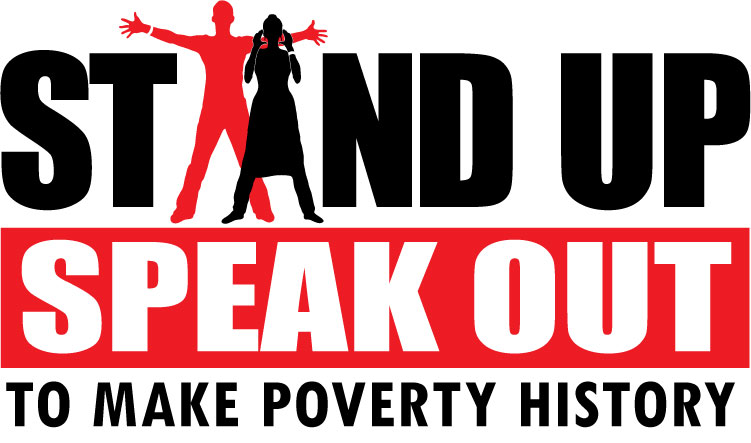September 21, 2010 celebrates World Peace Day with the organization of the United Nations General Assembly in New York. Under30CEO has been invited to cover the event and report back to the world’s young people on how we too can make an impact.
In case you aren’t familiar with the United Nations Millennium Development Goals because you are busy running a company 24 hours a day, don’t worry, Under30CEO will break it down for you and share what head of states are debating today, so you can be aware of how we can all make a difference for tomorrow.
As leaders of companies, non profits and communities there is no excuse for ignorance on these global matters.
Celebrities are Getting Involved
Antonio Banderas, Ronaldo, Lupe Fiasco, Gisele and Maria Sharipova are all UN Goodwill Ambassadors and Messengers of Peace who are using their status to raise awareness about the issues. Check back for our article to see the complete list of celebrities involved and what issues they care about.
The United Nations has selected 8 Millennium Development Goals
UN Secretary-General Ban Ki-moon and company have laid out by 2015 to have made significant progress on these issues.
Goal 1: Eradicate extreme poverty and hunger
What you need to know: In 2005, 1.4 billion people lived on US$1.25 or less a day. 10 million die every year of hunger and hunger-related diseases. Rising food prices may push 100 million people deeper into poverty.
Goal 2: Achieve universal primary education
What you need to know: 28 million more children are able to attend school since 1999. But 75 million still miss out on education-34 million boys and 41 million girls.
Goal 3: Promote gender equality and empower women
What you need to know: Women have more access to employment now than ever before. But they still earn one-third less than men. Global prosperity and peace will only be achieved once all the world’s people are empowered to order their own lives and provide for themselves and their families.
Goal 4: Reduce child mortality
What you need to know: A child born in a developing country is over 13 times more likely to die within the first five years of life than a child born in an industrialized country, but for the first time in 2006, annual deaths of children under five dropped below 10 million.
Goal 5: Improve maternal health
What you need to know: In poorer countries, the day a child born is all too often the day its mother dies. The lifetime risk of dying in pregnancy and childbirth in Africa is 1 in 22, while it is 1 in 120 in Asia and 1 in 7,300 in developed countries.
Goal 6: Combat HIV/AIDS, malaria and other diseases
What you need to know: 33.2 million people were living with HIV in 2007; malaria kills a child every 30 seconds. These major public health challenges undermine development in the poorest countries in the world, and must be addressed for global stability and progress.
Goal 7: Ensure environmental sustainability
What you need to know: Reducing poverty and achieving sustained development must be done in conjunction with a healthy planet. Unfortunately, exploitation of natural resources such as forests, land, water, and fisheries-often by the powerful few-have caused alarming changes in our natural world in recent decades, often harming the most vulnerable people in the world who depend on natural resources for their livelihood.
Goal 8: A global partnership for development
What you need to know: The Millennium Goals represent a global partnership for development. The deal makes clear that it is the primary responsibility of poor countries to work towards achieving the first seven Goals. They must do their part to ensure greater accountability to citizens and efficient use of resources. But for poor countries to achieve the first seven Goals, it is absolutely critical that rich countries deliver on their end of the bargain with more and more effective aid, more sustainable debt relief and fairer trade rules, well in advance of 2015.
How To Help
Helping out in world issues does not mean dropping everything and flying to Pakistan and doing flood relief for a month. There are little things you can do to make positive social impact including using your positions of power and influence to create awareness and encourage others to help. Whether it’s committing a portion of revenue to charity, organizing an event, educating yourself on fair trade practices, or asking employees to volunteer you can lead by example and not just make money but make a difference as well.
If you create content in any way you can make a positive impact. Please don’t forget that even your reach on social media goes a long way in helping influence others positively. You can start today by spreading the word via Twitter…
With everyone’s help we can make sure the United Nations accomplishes their goals of making a significant impact on these issues by 2015.




